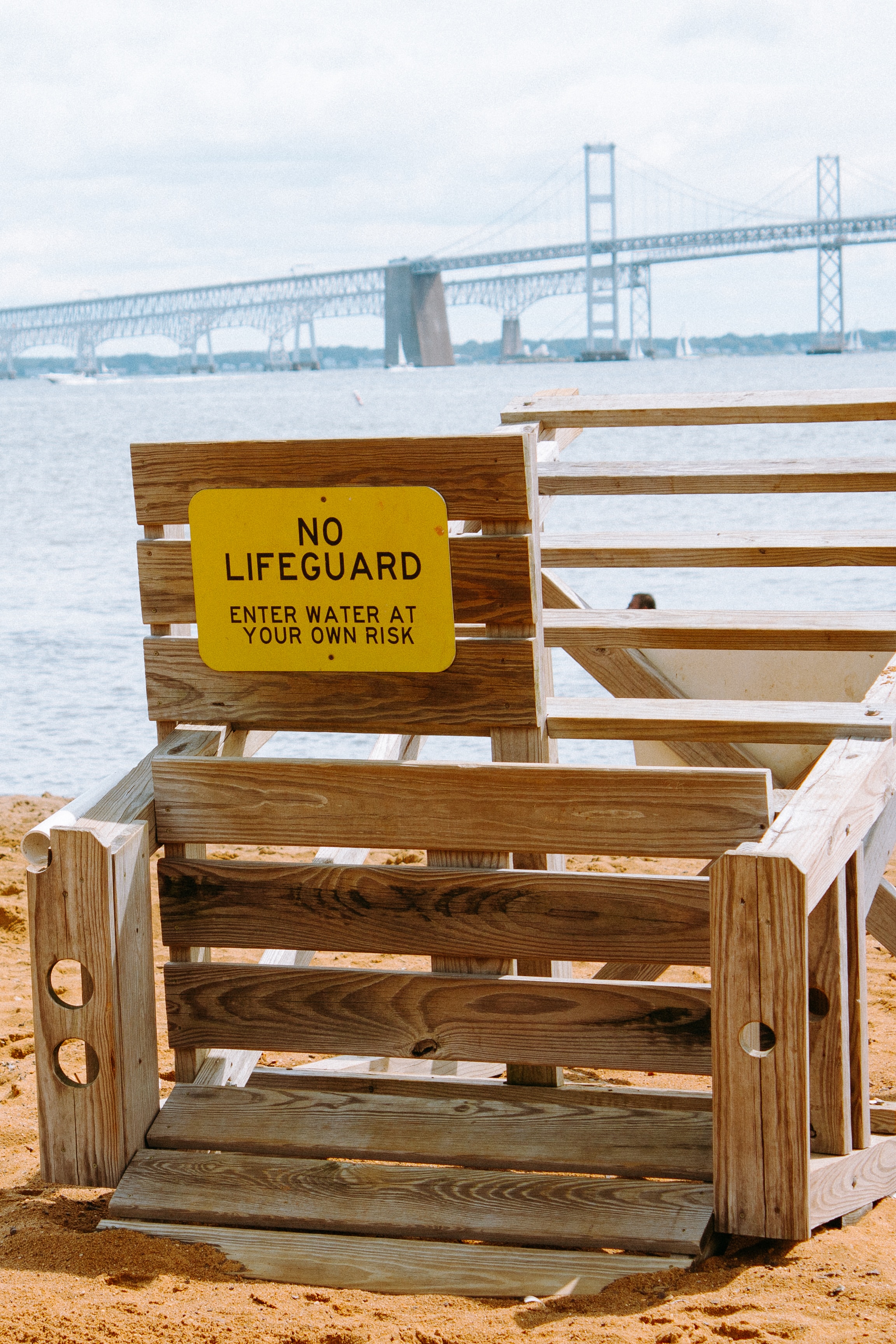
The personal “re-birth” stories of many personal finance bloggers on the web looks very similar: a crisis triggered by unmanageable debt, the “come to Jesus” moment, and the redemption, usually through hard-won frugality, thrift and penny-by-penny savings. The virtues usually extolled are the need to get out of debt, the importance of understanding the math behind money, and of course, the magic of compound interest in investments.
The financial services industry further adds to this impression by loading multiple financial “literacy” programs to promote the concept of greater financial well-being among the public.Yet the problem of financial insecurity generally seems to be getting only worse.
Yet, if we reflect even a little bit, we come to realize that financial vulnerability is built not on the basis of financial ignorance as much as it is on three very human (and hard-wired) tendencies:
- The inclination to trust based appeals to emotion
- Impulse actions when triggers appeal to deep-seated needs
- The tendency to avoid unpleasant actions and difficult tasks
After all, we get into credit card debt, for example, not because we don’t know how to calculate compound interest on the revolving balance. It is because we simply had to have the fancy gadget or outfit based on a momentary appeal to our vanity. Financial scams based on acts of conmanship are almost as old as human civilization. So it only makes sense that any effort to address financial vulnerability on any sustainable basis needs to address these drivers – but I hadn’t yet found any meaningful approach to date.
That changed when I was recently introduced to a totally different kind of nonprofit organization. Contrary to the prevailing conventional wisdom on financial literacy as the key, the Foolproof Foundation promotes healthy skepticism as the basis for all financial well-being from kids as young as 5 all the way to people well into their adulthood.
Walter Cronkite asks a question
The origins of the Foolproof Foundation are quite interesting: the organization started when the famed TV personality asked his young protege a challenging question. When Will deHoo, the organization’s founder, was bemoaning the financially deprived state of many of the people he encountered in his work, Cronkite reportedly asked him what he intended to do about it, spurring deHoo to take the initial steps that led to the founding of this organization.
The interesting part of this story revolves around deHoo and his friends’ approach to creating the solution. According to the organization’s website, rather than blindly rushing into creating yet another organization to promote financial literacy, they paused to ask themselves why financial literacy wasn’t working in the first place. The rampant possibility of conflicting interests became immediately apparent – after all, most existing programs are funded by the industry, and it’s anybody’s guess whether the industry would continue to pay for them if they worked a little too well.
So the young co-founders decided to take a more unconventional approach: rather than going over the same old territory again, why not start with something entirely different? Why not focus on financial “self-defense”, in effect providing consumers with what would effectively operate as a vaccine against financial credulity and vulnerability.
Another defining feature fell into place when deHoo and his team decided to start with kids, although this focus rapidly expanded to include other under-served communities, arguably the group that is most at risk, and also stands to lose the most by falling prey to the factors mentioned earlier.

A pragmatic and common-sense based approach
Since 2003, the organization has worked steadily to expand the strength and reach of its programs not only in terms of providing “financial inoculation” for kids, but also to provide consumers of any commercial offerings with tools and most importantly, an attitude of healthy skepticism in any decision that involves parting with their money.
The organization’s tag line provides a succinct and powerful summary of their approach:
Use caution. Question sellers. Rely on research.
The Foolproof Foundation website
Here is a sampling of some of their key projects:
- As part of the K-8 project, the organization is developing a series of 52 90-second videos which give parents one tip per week to help their child. I saw a sample video which outlined a simple tip guiding parents to never shop without a shopping list in hand, and frankly, I found the video quite refreshing – it was neither too cheesy nor sanctimonious, and gave me the impression of a good friend sharing a useful tip with me
- As part of the Walter Cronkite project, the foundation is seeking not only to create an endowment, but to also expand its financial capabilities offering to other under-served populations such as those that don’t speak English as a first language.
- Foolproofme.org is a consumer-oriented website that provides a wealth of solid, common-sense insight in bite-sized bits on a broad spectrum of topics
While several of the projects are still under development or are on hold pending funding, I was struck by the sincere and no-nonsense tone as well as content of the material that I had a chance to review.
The broader message for financial well-being
Organizations like the Foolproof Foundation are doing much needed work to help big and at-risk segments of the population develop greater financial self-protection against the continuing onslaught of commercial appeals, many of which they are unable to resist.
Is there a larger message from their work that everyone can benefit from? I think so. After spending time getting to understand their message and work, one message stood out for me very clearly: The core of financial capability and self-determination comes from being able to do three things well, all of which are rooted in a healthy skepticism:

- Objective judgment, and of course, healthy skepticism
- Better impulse management in the marketplace
- Active self-advocacy as we seek to enter into any kind of market-based exchange
This prescription for better financial health will never age – and more power to the Foolproof Foundation as they work to enhance its broader acceptance in society!
Acknowledgements:Thanks to Prof. Lauren Willis for pointing me to this organization.
Source: The Foolproof Foundation